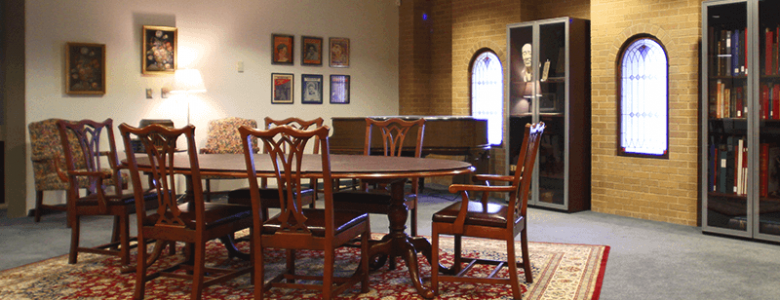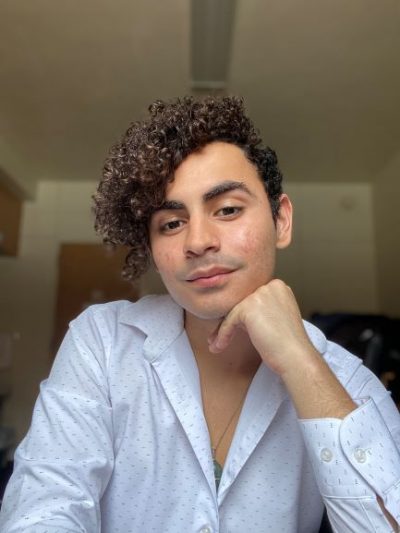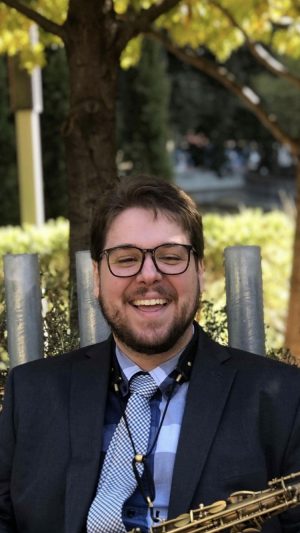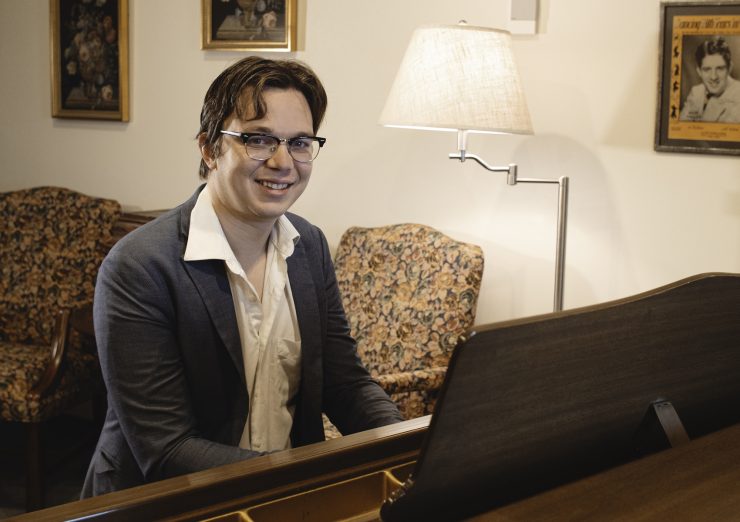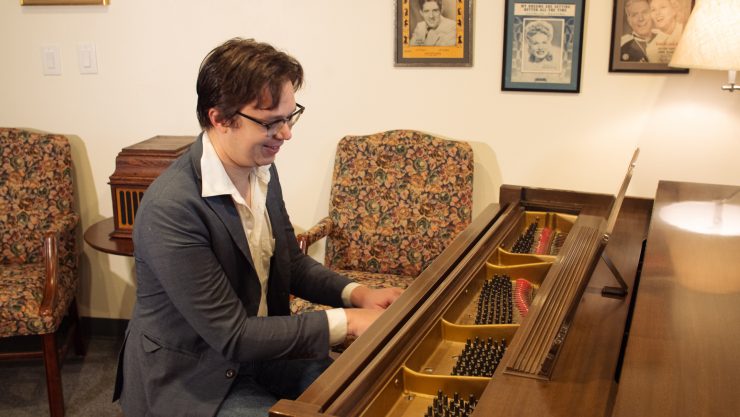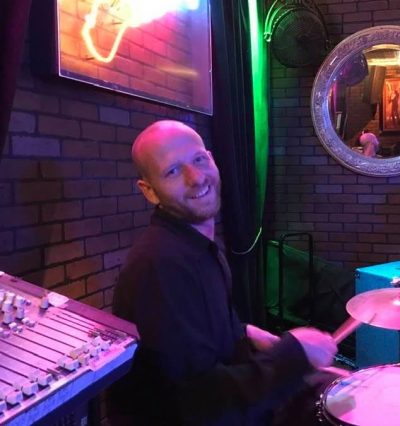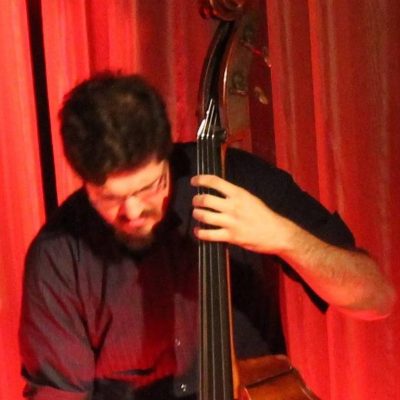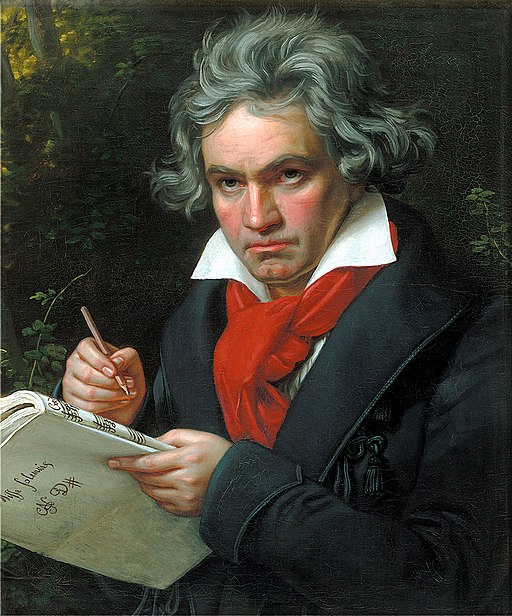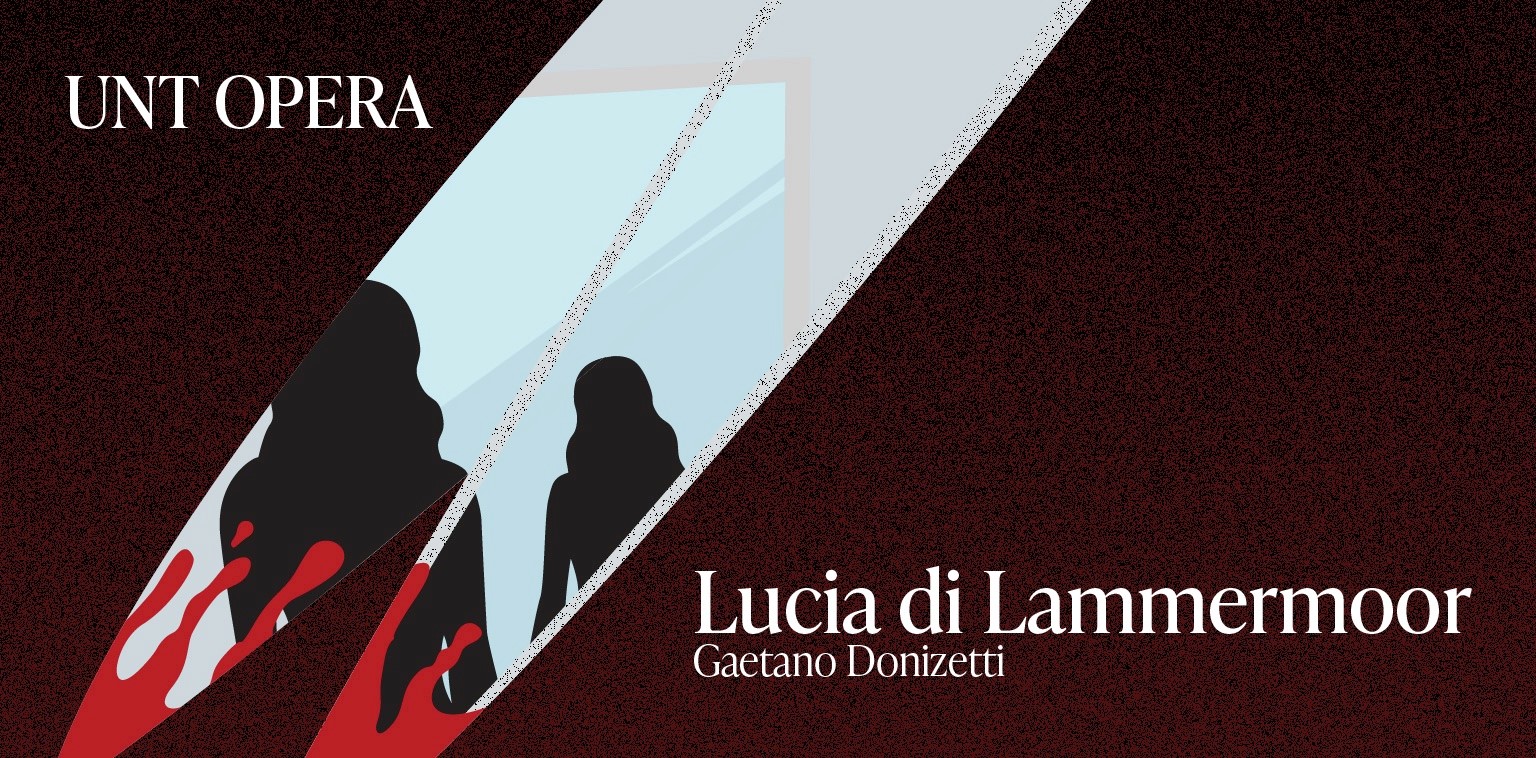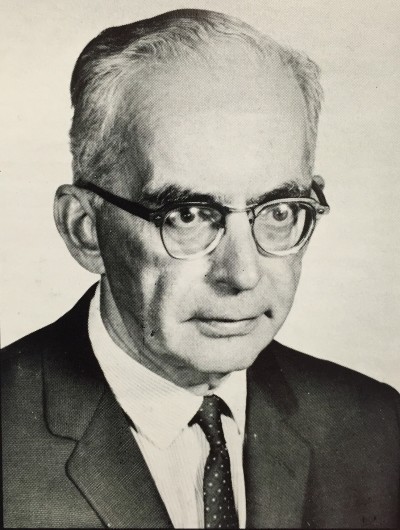Local Archives, Global History: Post 1 by Dr. Rebecca Geoffroy-Schwinden
As pandemic lockdowns settled into place during the spring of 2020 many scholars felt profound disappointment as their summer research plans disintegrated amidst the stressors of illness, upended family life, and disrupted work routines. Historians in particular grieved the personal loss of a favorite job-related activity, archival research, and faced the anxiety that came along with a year-long archival exile, which threatened to set back publications and possibly even hiring and promotion opportunities for years to come. Sitting in my backyard day in and day out last summer called to mind one of my favorite essays, “History in a Backyard,” authored by late 19th- and early 20th-century historian Lucy Maynard Salmon. Confined to my home in North Texas due to global pandemic, her words took on new meaning for me and eventually inspired the course that generated the blog posts in this series.
Salmon begins her essay bemoaning how a nine-month teaching commitment at Vassar College in Poughkeepsie, New York, which typically granted three months of blissful summer research leave, had stretched into twenty-one long months without a single trip to European archives. Reflecting on this situation, she stares into her yard, the only primary source available. She describes its fence, the hedges, an orchard just beyond, dangling electrical wires, and a passing garbage truck. Salmon comes to realize that these sights, much like archival texts, testify to rich histories of everything from property to agriculture and technology. “Our back yard,” she writes, “has the records of all the ages within its narrow enclosure” (19). Although in the past I sympathized with Salmon’s European archive withdrawal, staying still for one year has compelled me to consider the unique interconnected histories that every place holds, especially the University of North Texas and the greater Dallas-Fort Worth metroplex. Wondering what “records of all the ages” might be found in our own backyard, this spring doctoral students in the graduate seminar on Music and Archival Practice in the 21st Century developed research projects using UNT’s Music Library and Special Collections.

Our course began with practical skills in archival research and an introduction to archival theory through the lens of recent music scholarship. Musicologists have long relied on archives for sources like compositional sketches, personal letters, and legal records related to musical production. The institutional history of archives began in earnest with the French Revolution, implicating archives in a nineteenth-century positivistic drive to categorize knowledge toward imperial and colonial ends. Recent work in music, however, has changed that state of affairs. We consulted scholarship by historians and musicologists including Glenda Goodman, Maria Ryan, Sarah Eyerly, Mary Caton Lingold, Jillian C. Rogers, Lisa Barg, Tammy Kernodle, Dianthe Spencer, Sherrie Tucker, and others to consider how our methods and methodology might inform the music histories that we write from archival materials. Olivia Bloechl shared the possibilities of “Doing Music History Where We Are” in her keynote address for UNT’s Graduate Association of Musicologists und Theorists virtual conference in February. As the students began their own archival research, they learned to question the provenance of collections and how they are catalogued. Like Salmon, we engaged cultural and social histories that went far beyond the “great figures” of history allowing us to tell the stories of local people whose influence extended in some cases around the globe.
This series of blog posts presents the results of our research. You’ll find a diverse collection of stories from pioneering women professors and librarians at UNT, to white jazz collectors who shaped the reception of jazz, listening cultures transferred via music boxes, the social meaning drawn into 1970s Willie Nelson ads, and DFW citizens who moonlighted as organ technicians and contributed to the LGBTQ movement of the early 1990s. There’s even more to this research than what is written here. Other projects in the course revealed the ethnic biases of Chinese music historiography, the values built into the materials of UNT’s Murchison Performing Arts Center, and the influences of a UNT composer in 1970s experimental music. Indeed, our backyard contains “records of all the ages.”
With these blog posts we invite you to consider the history in your own backyard and to use the vast archival collections of public and university libraries to help us add to the rich histories that connect your backyard to our shared global history.
Note from the Editor
The door to the Edna Mae Sandborn Music Reading Room had remained closed since mid-March of 2020 due to the ongoing global pandemic. The fourth floor of the Willis Library, where the Music Library and Special Collections reside, was generally sleepy but still visited by avid researchers. Much to our excitement, Dr. Geoffroy-Schwinden arranged with Maristella Feustle to retrieve materials from the music archives for study in “The Sandborn,” as we endearingly refer to this research space. The doors to The Sandborn opened, and the students diligently visited weekly—at minimum—and oftentimes more. The Music Library staff had the pleasure of observing their discoveries (students occasionally leapt from their seats after finding something unexpected). After students synthesized their findings, we now have the pleasure of learning about what they uncovered while musicking in the Sandborn in this monthly series aptly titled by Dr. Geoffroy-Schwinden, “Local Archives, Global History.” We hope you enjoy.
–Kristin Wolski, Music Information Literacy and Outreach Librarian


